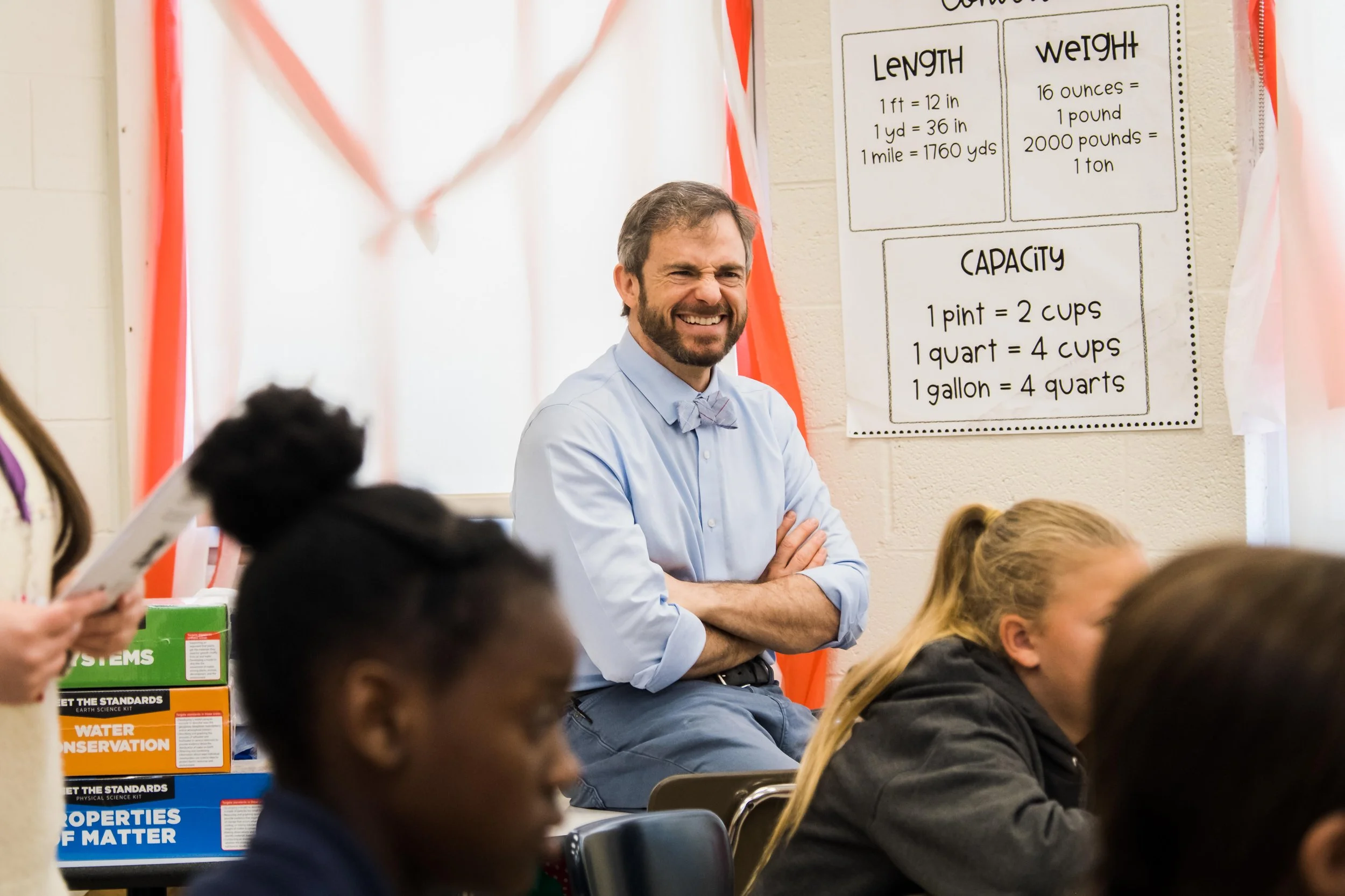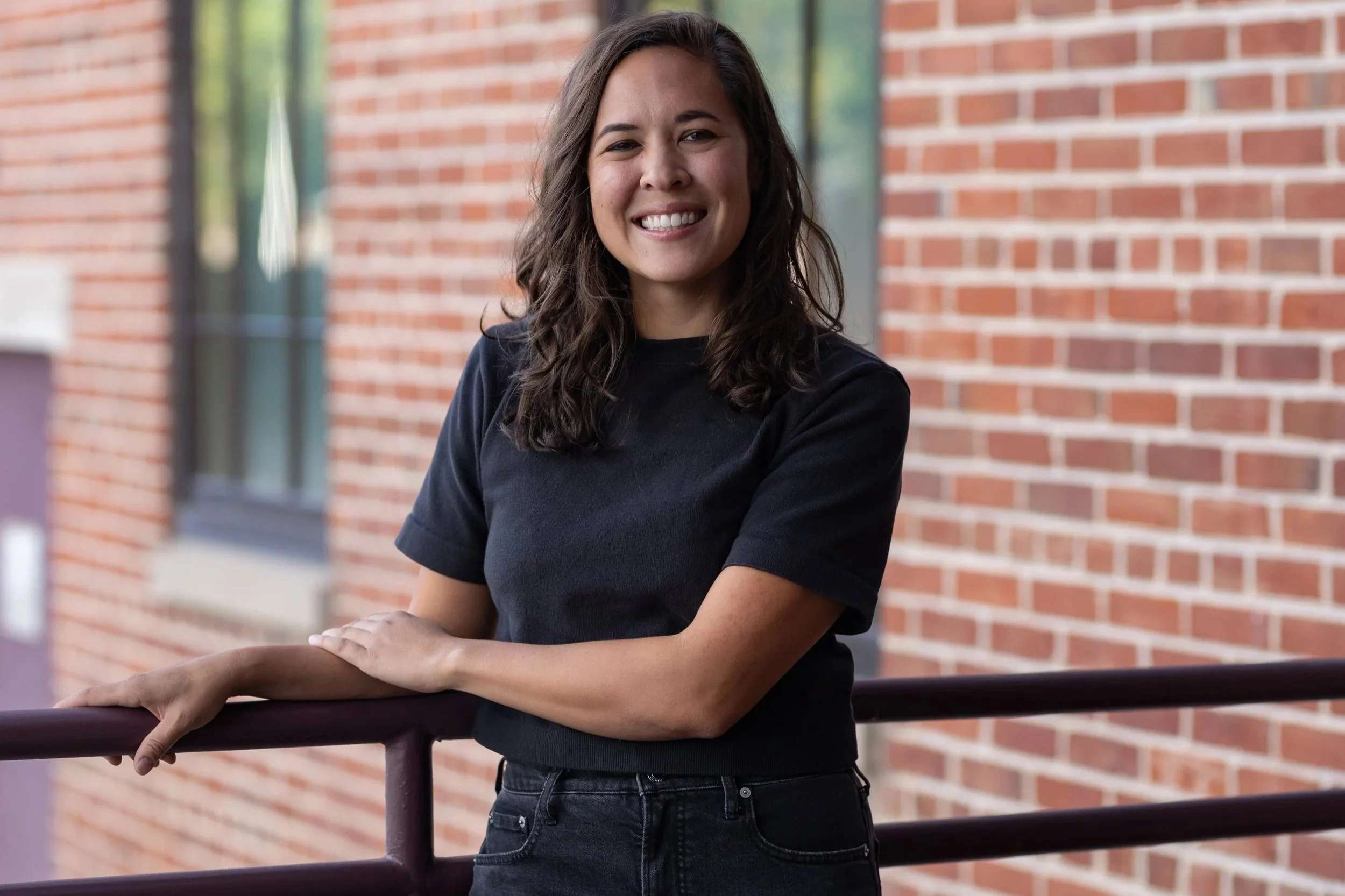Tamra Ryan on breaking the cycle of chronic unemployment and poverty
About half of the American workforce earns $35,000 or less annually, meaning that in order to make ends meet, more than 84 million workers rely on tax credits, childcare subsidies, the Supplemental Nutrition Assistance Program (SNAP) and other government benefits.
According to Tamra Ryan, CEO of the Women’s Bean Project and the 2023 Coors Fellow for Economic Mobility at the Common Sense Institute, when “vulnerable workers” earn a raise—even as little as one dollar an hour—they may encounter what’s called the “benefits cliff.” That’s when an individual or family loses some or all of their government benefits, yet they still experience poverty.
Ryan defines vulnerable workers as people who lack a high school diploma or specialized skills, people with a criminal background, and women with children who live in poverty. During Ryan’s two decades with the Women’s Bean Project, she has encountered hundreds of women and families in this situation.
The Women’s Bean Project offers full-time pay and job readiness skills to women experiencing chronic unemployment. The women in the program create products like soup mixes, spice blends, instant meals, coffees and gift items. The organization generates more than $3 million in annual revenue and sells products in nearly 1,000 stores nationwide.
“When you change a woman’s life, you change her family’s life,” said Ryan. “And when you change the trajectory of a family, the ripple effects can transform a whole community.”
Ryan’s first research paper with the Common Sense Institute, released in April, explores the benefits cliff and how to make economic policy work better for the people it impacts most. She hopes the paper will lead to system-wide changes that help break the cycle of poverty.
“What I like about the fellowship is that I get to tell the Common Sense Institute, ‘Okay, this is a problem I see happening on a daily basis.’ And then I have the opportunity to work with an economist and other researchers who help me dig into the data and learn about that problem in a very quantitative way,” she said.
Ryan’s recent research uses hypothetical and real-life situations to illustrate the impact of policies on vulnerable workers. For example, picture a hypothetical Denver family of four with two adults and two children. One parent works full-time earning Denver’s minimum wage, which recently increased to $17.29. With that increase, the family’s total income is about $36,000 per year, which makes them ineligible for many federal benefits. After a minimum wage hike, many families in Denver—and around the country—find themselves earning more money but falling farther behind.
“We create these systems that often work against people. And we blame people for using the systems to begin with,” Ryan added.
The issue stems from the way benefits eligibility is determined. The federal poverty level-–$30,000 per year for a family of four in Denver—is based on parameters defined in the 1960s and does not take into account regional variations in the cost of living. In Denver, a family of four needs to earn $91,607 per year to cover basic expenses like housing, child care, food, health care, transportation and taxes. When cut off from benefits while still making well below $91,607—called the self-sufficiency standard—families are effectively disincentivized from seeking out promotions, additional work hours, or employment altogether, in order to maintain benefits eligibility.
The stakes are high. Ryan’s research found that for people who are able to maintain consistent employment, defined as at least 27 months out of a 36-month period, the incidence of poverty is only 2.6 percent. Policies that take away benefits too soon are harmful.
So Ryan advocates for a benefits “ramp” instead of a cliff, which would taper benefits as income increases. The ramp would promote under-utilized assistance programs, like the Earned Income Tax Credit and the Child Tax Credit, that incentivize employment.
Ryan has been advocating for change for decades. In her 2013 book, The Third Law, she told powerful, real-life stories about chronically unemployed and impoverished women she met who were working hard to change their lives; yet had to overcome societal obstacles and internal demons. Now, she is gathering groups from across the country to advocate for benefits cliff solutions. And, her next research paper with the Common Sense Institute will address the economic benefits of increasing the labor force participation rate and using upskilling and education to move people from low-wage to middle-wage jobs.
She explained that stories alone aren’t enough. “There are a lot of policymakers who love stories but, frankly, they’re convinced by data.”
Learn more about the Women’s Bean Project and how you can support their work. Read Ryan’s recent research in full on the Common Sense Institute’s website.
For more by Tamra Ryan, purchase her book The Third Law, and keep an eye out for her next book Followship: How to be a leader worth following, due out in 2024.




